Keir Starmer’s Panic Reshuffle: Shuffling the Deck of a Sinking Ship…
Sir Keir Starmer has carried out his biggest reshuffle since taking office, but it comes after the resignation of Angela Rayner, who stepped down as Deputy Prime Minister, Housing Secretary, and Labour’s Deputy Leader after admitting she failed to pay full stamp duty on a flat in East Sussex, has forced the Prime Minister into damage control.
Angela Rayner’s resignation represents more than the fall of a single politician; it exposes the hollowness at the heart of Keir Starmer’s project. Here was a woman whose working-class credentials were meant to embody Labour’s connection to ordinary voters, whose straight-talking persona was supposed to cut through Westminster’s endemic dishonesty. Instead, we discover the depressingly predictable reality: power corrupts, and even those who claim to champion the dispossessed soon find themselves playing by the rules of the privileged.
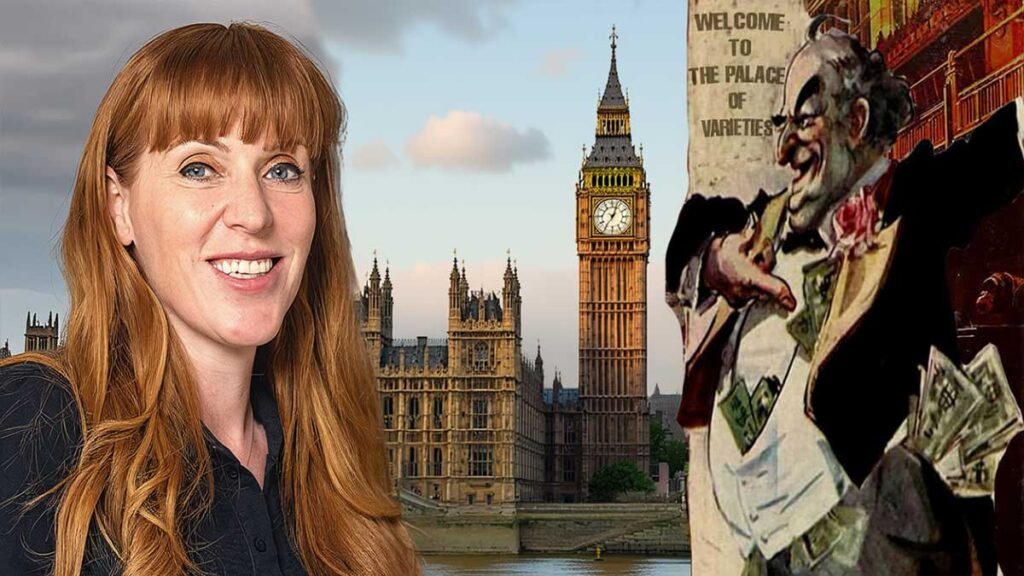
Rayner, once “straight-talking” and “working-class to her core”, now joins the long list of politicians living by one rule for themselves and another for the rest of us, ironically deploying the very phrase she once used to attack her opponents.
Prime Minister’s property dealings tell a damning story. An £800,000 flat purchased while she oversaw a housing crisis that leaves families homeless captures everything wrong with contemporary Labour.
This is not the party of Clement Attlee or even Tony Benn, but a hollow vessel that has absorbed the very neoliberal assumptions it once existed to challenge. When your Housing Secretary can afford seaside retreats while working families cannot afford rent, the game is already lost. For those who dismiss this as an innocent mistake, here are some hard truths: if Rayner genuinely misunderstood stamp duty rules, she had no business being Housing Secretary in the first place. It was her own department that published those very regulations.
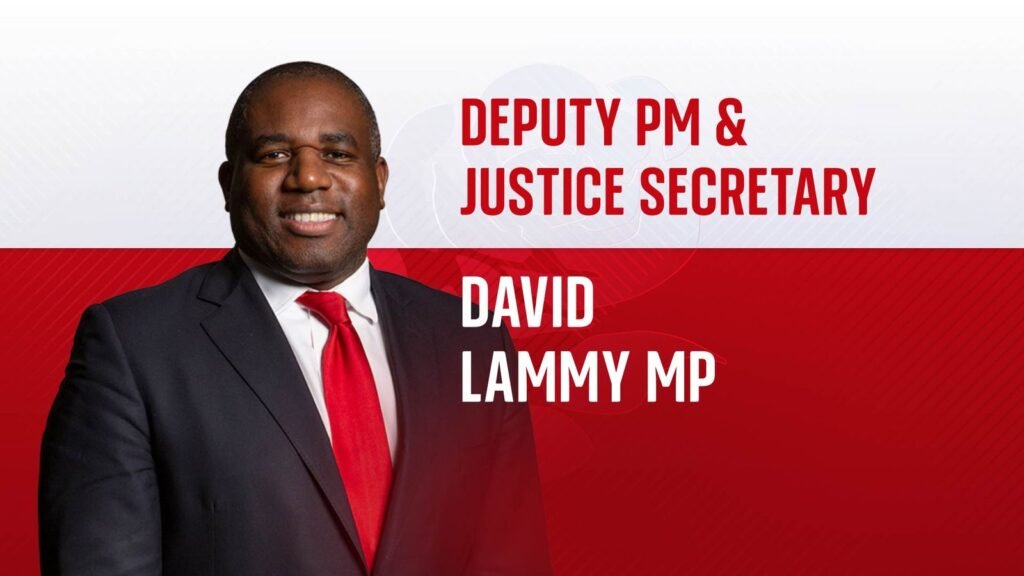
But Rayner’s personal failings, serious though they are, pale beside the systemic weakness they reveal. Starmer’s response, a frantic reshuffle that shuffles the same compromised figures between departments, demonstrates the intellectual bankruptcy of his administration. David Lammy, who promised a new foreign policy based on human rights, now finds himself relegated to justice while getting the title Deputy Prime Minister.
Yvette Cooper, whose tenure at the Home Office has seen immigration policy indistinguishable from Tory authoritarianism, is promoted to the Foreign Office. This is not renewal; it is managed decline dressed up as dynamism.
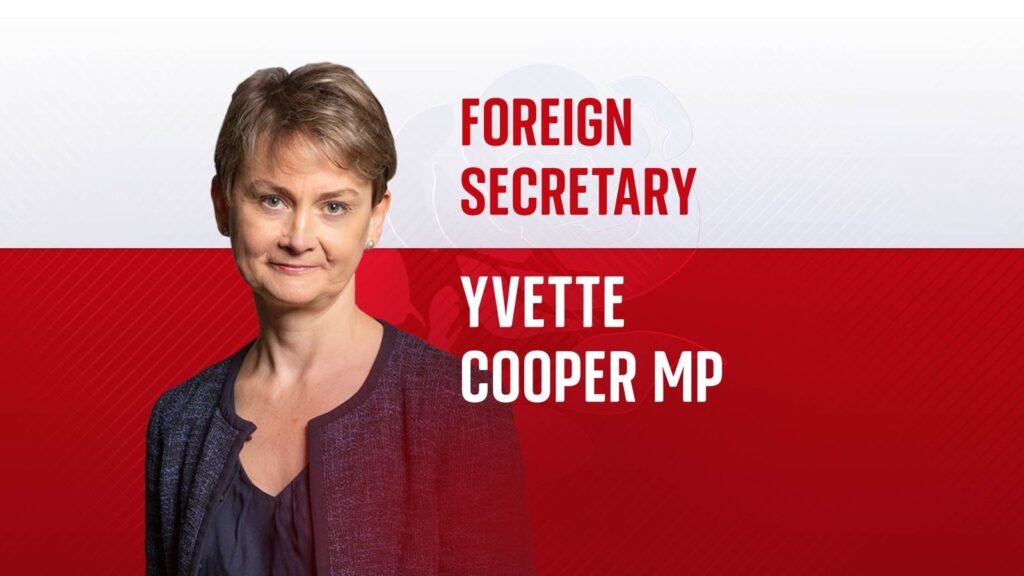
The creation of Pat McFadden’s new “growth department” reveals the government’s real priorities with crystalline clarity. Rather than questioning the fundamental assumption that growth must come at any cost, to workers, to communities, to the environment, Labour doubles down on the very market fundamentalism that created our current crises. This is not progressive politics; it is Thatcherism with a red rosette.
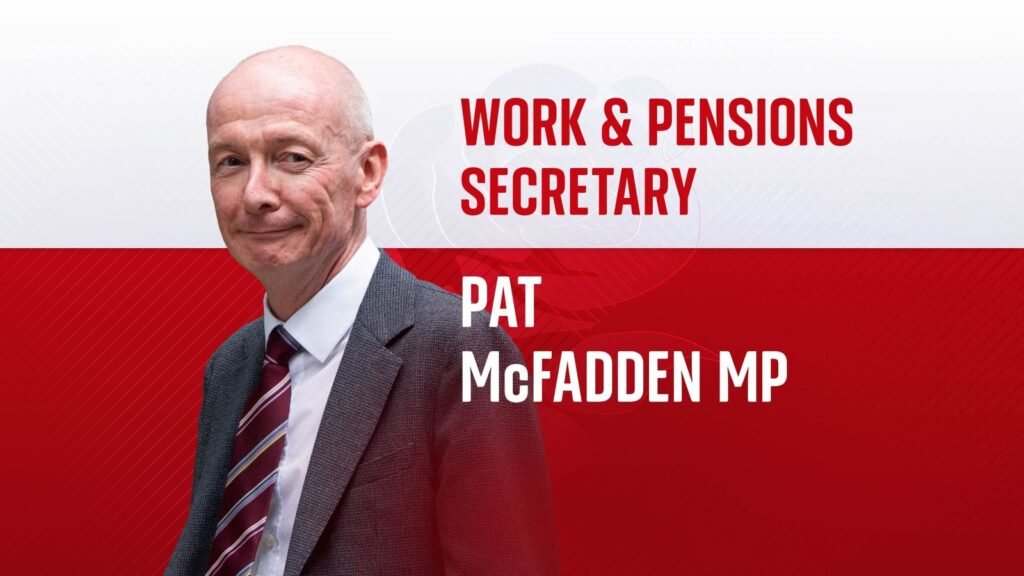
What this reshuffle tells us about Labour’s relationship with power. Every move speaks to focus groups and polling data rather than principle. Shabana Mahmood, who counts Margaret Thatcher among her political heroes, now controls the Home Office, the department responsible for implementing the authoritarian measures that would make the Iron Lady herself proud. When your supposedly progressive government appoints admirers of Britain’s most divisive Conservative leader to senior positions, what exactly are you conserving?

The tragedy is not that Labour has failed to transform Britain, eighteen months is admittedly a short time for genuine change. The tragedy is that they have shown no serious intention of attempting transformation at all. Where is the wealth tax that could fund proper public services? Where is the nationalisation of utilities that could end the scandal of private profit from public necessity? Where is the bold environmental programme that could position Britain as a leader in the global fight against this constant energy crisis?
Labour promised change after fourteen years of Tory sleaze. Instead, we witness continuity: mortgage-selling dressed up as housing policy, authoritarian creep through measures like the Online Safety Act, and a government still paralysed by its own contradictions on migration. The promise of renewal is swallowed by the familiar reality of managed decline.

Instead, we get reshuffles. We get new departments that will pursue the same failed policies with fresh enthusiasm. We get the spectacle of politicians swapping briefs like children trading cards while the fundamental structures of inequality remain untouched.
The most damning aspect of this whole exercise is its predictability. Those of us who warned that Starmer’s Labour represented continuity rather than change have been vindicated in the most depressing way possible. The triangulation, the focus on respectability over radicalism, the desperate pursuit of Tory voters at the expense of Labour’s natural constituency, all have led exactly where critics predicted: to a government indistinguishable from its predecessors in everything but rhetoric.
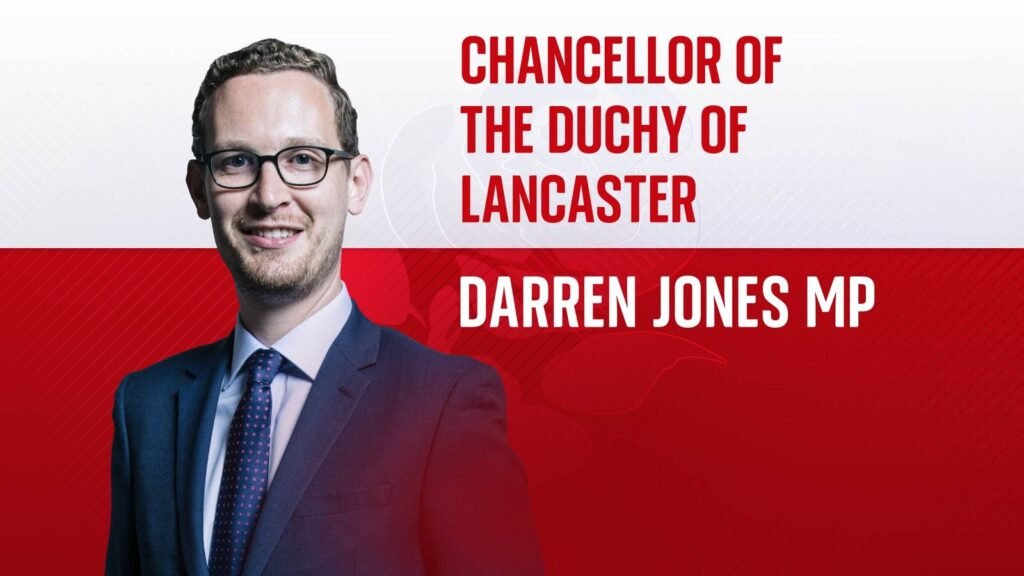
Rayner’s fall should have been a moment for reflection, for asking hard questions about how Labour lost its way so completely. Instead, it becomes another excuse for the endless churn of Westminster politics. New faces in old departments, pursuing tired policies that have failed for forty years, hoping that different personalities might somehow produce different results.
The British left deserves better than this hollow pantomime. It deserves a Labour Party that remembers why it exists: to challenge power, not accommodate it; to represent the dispossessed, not join the ranks of the privileged; to transform society, not manage its decline with marginally more competence than the Conservatives. Instead, we are offered constant betrayal, eternal disappointment dressed up as pragmatism.
Labour has lost its purpose; we will continue to witness these periodic reshuffles, symptoms of a party that has forgotten what it stands for and therefore stands for nothing at all. The orchestra may change its seating arrangements, but as long as it continues playing the same discordant tune, the audience will eventually stop listening altogether.
The cold, harsh reality is that Starmer remains a failing conductor, frantically reshuffling the orchestra on a sinking ship. Meanwhile, Reform sails toward shore, ready to capitalise on Labour’s moral and political bankruptcy. The tragedy is not that this outcome was inevitable; it is that it was entirely preventable, had Labour possessed the courage to be what it once claimed to be.
Support Independent Journalism Today
Our unwavering dedication is to provide you with unbiased news, diverse perspectives, and insightful opinions. We're on a mission to ensure that those in positions of power are held accountable for their actions, but we can't do it alone. Labour Heartlands is primarily funded by me, Paul Knaggs, and by the generous contributions of readers like you. Your donations keep us going and help us uphold the principles of independent journalism. Join us in our quest for truth, transparency, and accountability – donate today and be a part of our mission!
Like everyone else, we're facing challenges, and we need your help to stay online and continue providing crucial journalism. Every contribution, no matter how small, goes a long way in helping us thrive. By becoming one of our donors, you become a vital part of our mission to uncover the truth and uphold the values of democracy.
While we maintain our independence from political affiliations, we stand united against corruption, injustice, and the erosion of free speech, truth, and democracy. We believe in the power of accurate information in a democracy, and we consider facts non-negotiable.
Your support, no matter the amount, can make a significant impact. Together, we can make a difference and continue our journey toward a more informed and just society.
Thank you for supporting Labour Heartlands









